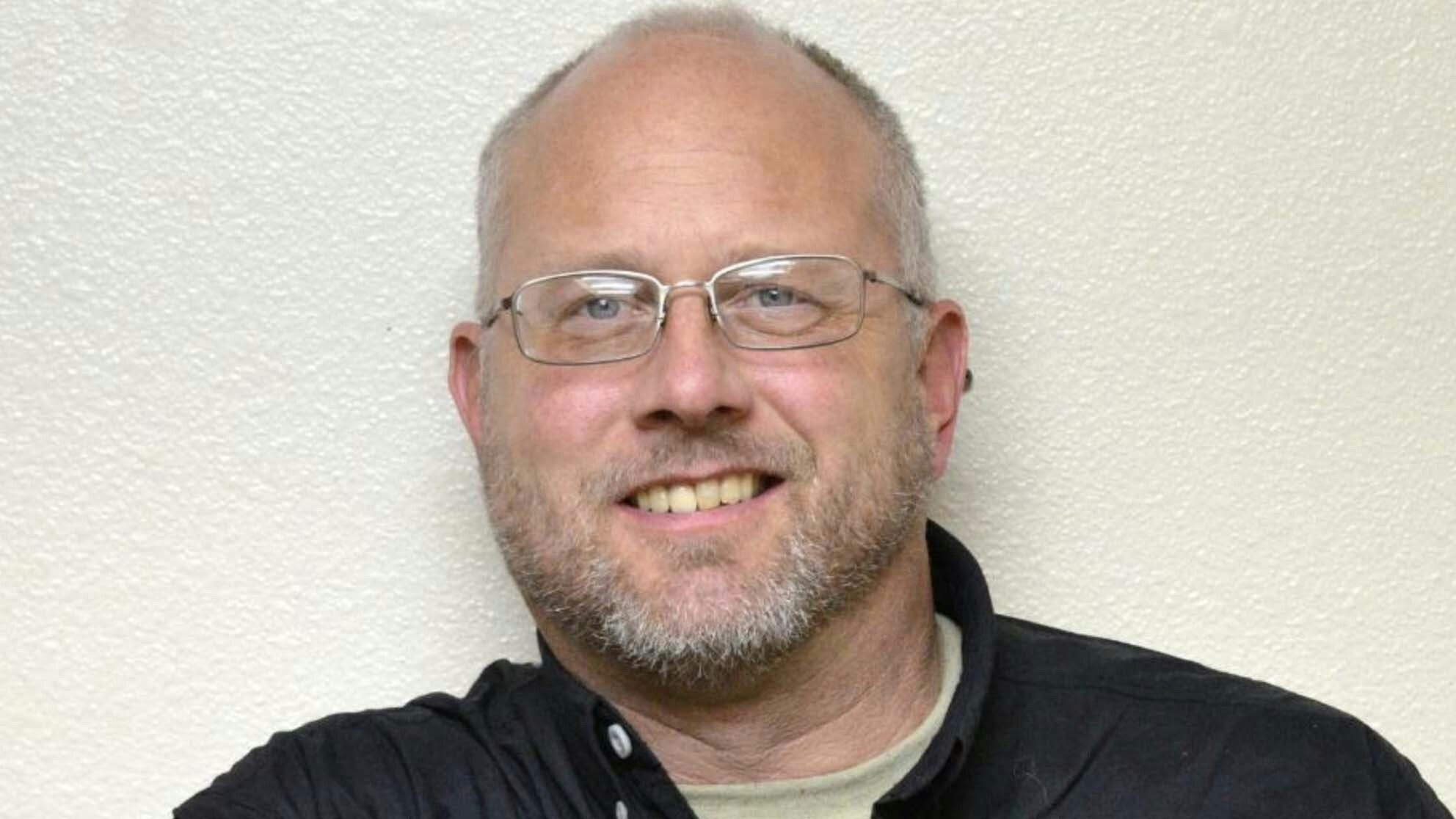In the opening pages of the Gulag Archipelago, Aleksandr Solzhenitsyn recounts how the secret police arrested millions of Russian citizens by secret midnight raids. Sleeping citizens would be awakened by the sound of their door bursting open.
They would watch helplessly as every drawer was emptied and every mattress overturned. Eventually, they would be led away without need of guns or shackles. Terror was the tool. Neighbors who heard the crash would pretend not to notice for fear that they may be next. With each arrest the will to resist was further drained.
After recounting these methods, Solzhenitsyn noted, “how we burned in the camps later, thinking: What would things have been like if …people had not simply sat there in their lairs, paling with terror at every bang of the downstairs door and at every step on the staircase, but had understood they had nothing left to lose and had boldly set up in the downstairs hall an ambush of half a dozen people with axes, hammers, pokers, or whatever else was at hand?”
What is it that prevented the millions of Russian citizens from offering any meaningful resistance to the regime that would terrorize them for seven decades? No nation can be enslaved by direct power. Russia was divided before it was conquered. The tools of division are hatred and fear.
Hatred is created by inventing ever-new categories of people, and setting them against one another. America’s motto, e pluribus unum (out of many, one,) must be reversed. The purpose of identity politics is simply to divide and conquer.
Divided people can then be manipulated by fear. When every man is for himself, a threat to his job or social standing leaves him helpless. Promise him that the threat will subside if he doesn’t make a fuss, and he will usually take the bait. The few who are not cowed by the unspoken threat must be made into public examples so that the rest will be too afraid to stand together.
All it takes to counter such terror is the simple resolve to be united. “If…if…,” Solzhenitsyn continued. “If only we had stood together against the common threat, we could easily have defeated it. So, why didn’t we?”
He answered, “We didn’t love freedom enough. And even more – we had no awareness of the real situation…. We purely and simply deserved everything that happened afterward.”
These are powerful words. They challenge us today. Do we love freedom enough? How much do we value freedom? What price are we willing to pay to keep it?
When freedom is devalued our will to defend it is diminished. If freedom is nothing more than the selfish pursuit of doing “whatever I want,” who will die in its defense?
Don’t let freedom be cheapened. True freedom, has never been about doing whatever you want but about doing what is right. It is about living up to the highest ideals of your own humanity. Freedom to raise a family and build a just civilization is freedom worth dying for.
What price will you to pay for freedom? Are you willing to invest serious money in your children’s education? Are you willing to teach them at home and attend school board meetings—even run for the school board—to improve their moral education?
Are you willing to spend serious money to support candidates that will fight for true and noble freedoms against those who would debase our culture and enslave us further to debt and vice?
Recently Charlie Kirk, founder of Turning Point USA, spoke in Gillette and asked a simple question of his audience: Are you willing to spend as much on the election of good candidates as you spend on coffee? The average American spends about $10 per day on coffee. Imagine that multiplied by 100 million.
How might that capital offset the multinational corporations that incessantly divide and debase us. What if… What if…? Solzhenitsyn asked. What if we “had boldly set up in the downstairs hall an ambush of half a dozen people with axes, hammers, pokers, or whatever else was at hand”? He concluded that it would have changed the world and prevented the misery and deaths of millions.
Will we be asking a similar question years from now? What if… What if… we had spent as much money on good rulers as we spent on coffee? What if we had spent as much time on educating our kids as we spend on entertainment? What if we had spent as much energy on loving our neighbor as we spend arguing with strangers?
The value of freedom is infinite. If we are unwilling to spend mere pocket change in its defense, we will purely and simply deserve everything that happens afterwards.





